Stories you may like
App Developer
An app developer specializes in creating software applications for mobile devices, such as smartphones and tablets. These applications, commonly referred to as "apps," can serve a wide range of purposes, from entertainment and gaming to productivity and business tools. App developers typically possess expertise in computer programming languages, such as Java, Swift, or Kotlin, and have a strong understanding of mobile platforms, operating systems, and user interface design principles.
App developers often work in multidisciplinary teams that may include designers, project managers, and quality assurance testers to ensure that the final product meets high standards of functionality, usability, and performance. As the demand for mobile applications continues to grow, app developers play a vital role in driving innovation and creating user-friendly experiences for mobile device users across various industries and sectors.
Duties and Responsibilities
The duties and responsibilities of an app developer can vary depending on the specific project, organization, or industry they work in. However, some common tasks and responsibilities of app developers include:
- Conceptualizing and Planning: App developers collaborate with clients, stakeholders, or team members to understand project requirements, objectives, and target audience. They may participate in brainstorming sessions to generate ideas, conceptualize features, and define the scope of the app development project. During the planning phase, app developers may also create project timelines, establish milestones, and outline technical specifications.
- Designing User Interfaces: App developers are responsible for designing intuitive and visually appealing user interfaces (UI) for mobile applications. They work closely with designers to translate wireframes or design mockups into functional UI elements, ensuring consistency with brand guidelines and usability best practices. App developers may also contribute to UI design decisions, such as selecting color schemes, typography, and layout arrangements to optimize user experience.
- Developing and Coding: A significant portion of an app developer's role involves coding and programming. Using programming languages such as Java, Swift, Kotlin, or JavaScript, app developers write clean, efficient, and maintainable code to implement app features and functionality. They may develop backend server components, implement client-side logic, and integrate APIs or third-party services as needed. App developers also conduct code reviews, debug issues, and optimize performance to ensure the app runs smoothly on various devices and operating systems.
- Testing and Debugging: App developers are responsible for testing the functionality, usability, and performance of mobile applications throughout the development process. They conduct unit tests, integration tests, and user acceptance tests to identify and fix bugs, glitches, or inconsistencies. App developers may also collaborate with quality assurance (QA) testers to perform comprehensive testing and ensure the app meets quality standards and user expectations.
- Deployment and Maintenance: Once the app development is complete, app developers oversee the deployment process to release the app to app stores or distribution platforms. They may configure deployment environments, package app files, and submit app builds for review and approval. After launch, app developers monitor app performance, gather user feedback, and address any issues or updates through ongoing maintenance and support activities.
Workplace of an App Developer
The workplace of an app developer often entails a dynamic blend of collaborative and independent work within both traditional office settings and remote environments. In traditional office settings, app developers typically operate within in-house development teams or software development firms. These spaces are designed to foster creativity, productivity, and collaboration, often equipped with state-of-the-art technology, ergonomic workstations, and collaborative spaces where developers can brainstorm, code, and collaborate on projects. In such environments, developers have access to amenities like meeting rooms, break areas, and recreational facilities, contributing to a conducive and comfortable work atmosphere that encourages innovation.
Alternatively, many app developers also embrace remote work arrangements facilitated by advancements in technology and communication tools. Remote developers enjoy the flexibility to work from anywhere with an internet connection, whether it's from the comfort of their homes, shared co-working spaces, or while traveling. Remote work offers benefits such as autonomy, flexibility, and a better work-life balance, enabling developers to tailor their work environment and schedule to suit their preferences and lifestyle. Despite physical separation, remote developers stay connected through virtual collaboration tools, video conferencing, and project management platforms, fostering effective communication and teamwork across distributed teams.
A significant proportion of app development projects adhere to agile methodologies, emphasizing collaboration, flexibility, and iterative development cycles. In agile environments, app developers work closely with cross-functional teams, including designers, product managers, and quality assurance testers, to deliver high-quality software solutions efficiently. Agile teams engage in daily stand-up meetings, sprint planning sessions, and retrospectives to coordinate efforts, track progress, and adapt to changing requirements. This collaborative approach fosters communication, creativity, and teamwork among developers, contributing to a dynamic and innovative workplace culture that drives continuous improvement and project success.
How to become an App Developer
Becoming an app developer involves several steps:
- Obtain a Solid Foundation in Computer Science: Start by gaining a strong understanding of computer science fundamentals, including programming languages, algorithms, data structures, and software development principles. You can pursue a degree in computer science or a related field from a reputable university or college. Alternatively, you can opt for online courses, coding bootcamps, or self-study resources to acquire the necessary skills.
- Learn Programming Languages and Tools: Familiarize yourself with programming languages commonly used in app development, such as Java, Swift, Kotlin, JavaScript, and C#. Depending on your career goals and the platforms you want to target (e.g., Android, iOS, web), focus on mastering the relevant programming languages, frameworks, and tools. Explore online tutorials, documentation, and hands-on projects to gain practical experience.
- Build a Portfolio of Projects: Practice your app development skills by working on personal projects, such as creating simple mobile apps, web applications, or software solutions. Build a diverse portfolio that showcases your technical proficiency, creativity, and problem-solving abilities. Collaborate with others, contribute to open-source projects, or participate in hackathons to gain real-world experience and expand your network.
- Gain Experience Through Internships or Entry-Level Positions: Seek internships, co-op programs, or entry-level positions at tech companies, startups, or software development firms to gain practical experience in app development. Internships provide valuable hands-on experience, mentorship, and networking opportunities that can help jumpstart your career as an app developer.
- Build a Professional Network: Network with other app developers, industry professionals, and potential employers through social media platforms, professional associations, and networking events. Join developer communities, attend meetups, and engage in online forums to connect with like-minded individuals, share knowledge, and explore job opportunities in the app development industry.
- Consider Further Education or Specialization: Depending on your career aspirations and interests, you may choose to pursue advanced degrees, certifications, or specialized training in areas such as mobile app development, game development, user experience (UX) design, or software engineering. Continuing education can help you deepen your expertise, expand your career opportunities, and stay ahead in the competitive app development market.
Key skills needed for an App Developer:
1. Technical Skills
- Programming Languages: Proficiency in Java, Kotlin (for Android), Swift/Objective-C (for iOS), or cross-platform tools like Flutter (Dart) and React Native (JavaScript).
- Mobile Development Frameworks: Experience with Android Studio, Xcode, or cross-platform frameworks.
- APIs & Integration: Knowledge of RESTful APIs, third-party SDKs, and cloud integration.
- Database Management: Understanding of SQLite, Realm, Firebase, or other database solutions.
- UI/UX Design Principles: Ability to design user-friendly, responsive, and visually appealing interfaces.
- Version Control: Proficiency with Git/GitHub or similar tools for collaboration and code management.
2. Analytical & Problem-Solving Skills
- Strong debugging and troubleshooting skills.
- Ability to optimize app performance, security, and scalability.
- Logical thinking to design efficient algorithms and data structures.
3. Soft Skills
- Creativity & Innovation: For building engaging and unique apps.
- Communication Skills: To collaborate with designers, testers, and clients.
- Time Management: Handling deadlines and project milestones effectively.
- Adaptability: Keeping up with fast-changing mobile technologies and frameworks.
4. Additional Skills
- Knowledge of App Store & Play Store Guidelines**: Understanding publishing rules, updates, and monetization strategies.
- Testing & Debugging: Familiarity with automated testing, unit testing, and QA processes.
- Cybersecurity Awareness: Ensuring apps are safe from vulnerabilities and data breaches.
- Agile & DevOps Practices: Working in collaborative, iterative development environments.
Salary of an App Developer
India:
- Entry-level: ₹3 LPA – ₹6 LPA
- Mid-level (3–6 years): ₹7 LPA – ₹15 LPA
- Senior/Lead Developers: ₹18 LPA – ₹30+ LPA
United States:
- Entry-level: \$65,000 – \$90,000 per year
- Mid-level: \$95,000 – \$120,000 per year
- Senior/Lead Developers: \$130,000 – \$160,000+ per year
Freelance/Independent Developers: Income varies widely, from ₹50,000–₹2,00,000+ per project in India, or \$30–\$150 per hour internationally.
Career Outlook
High Demand: Mobile apps dominate digital usage, with industries like fintech, healthcare, e-commerce, and gaming driving strong demand for skilled developers.
Future Growth:
By 2030, mobile app market is projected to surpass \$600 billion+ globally.
Increasing adoption of AI, AR/VR, IoT, and blockchain in mobile apps will create new opportunities.
Career Path Options:
- Specialist Tracks: Android Developer, iOS Developer, Cross-Platform Developer (Flutter/React Native).
- Advanced Roles: Mobile Architect, Tech Lead, Product Manager, or even starting your own app-based startup.
Job Security: Very strong, as mobile apps are essential to both consumer and enterprise markets.

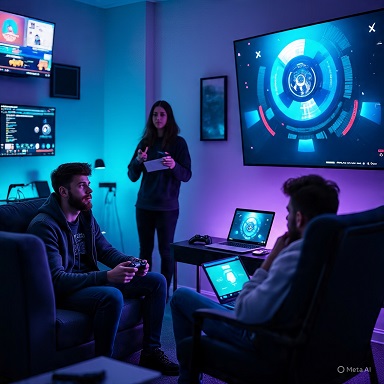

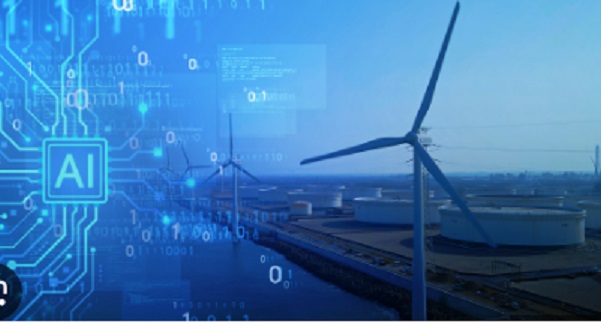




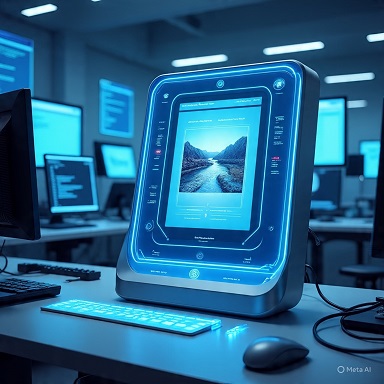
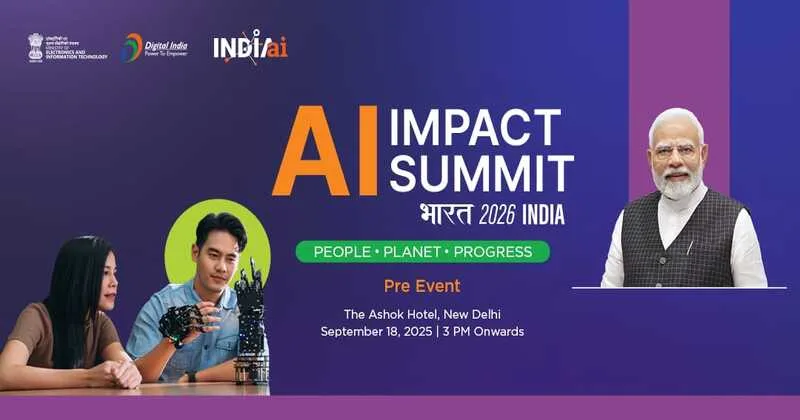
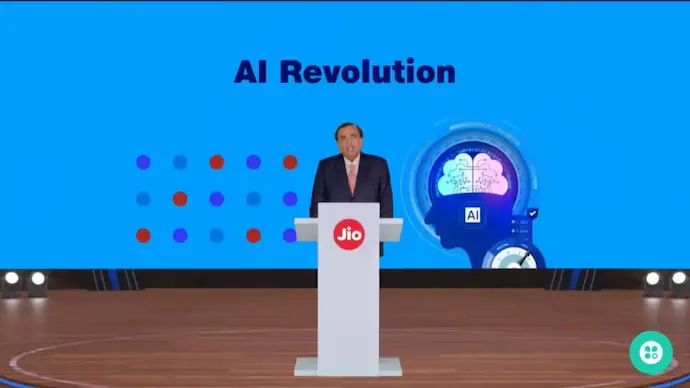

User's Comments
No comments there.